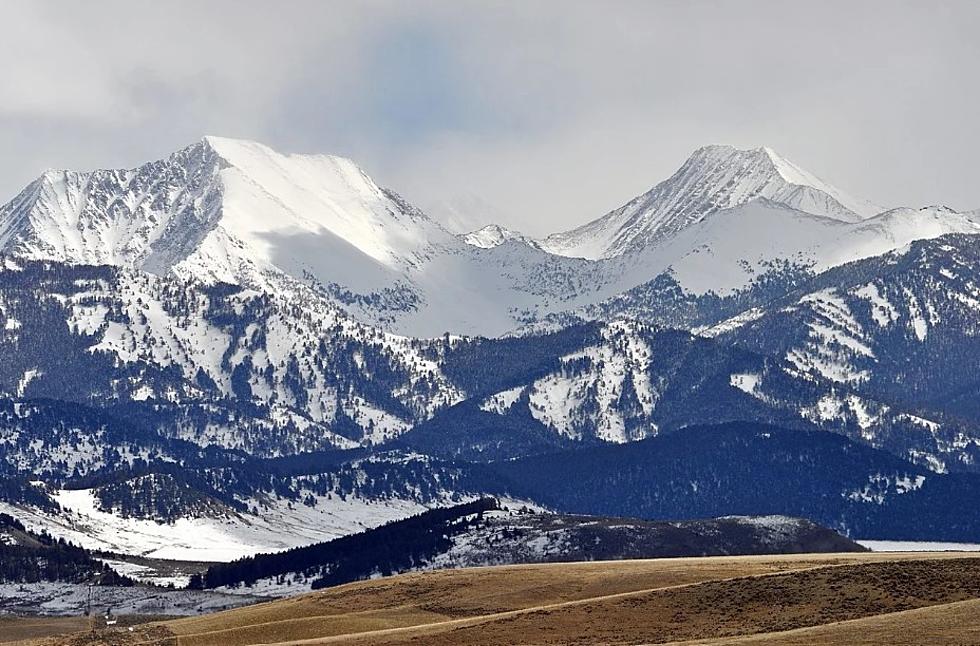
Montana groups lose appeal to stop trail relocations on Crazy Mountains
Alanna Mayham
(CN) — Four environmental and sporting groups lost an appeal to the Ninth Circuit on Monday following a failed federal challenge to the U.S. Forest Service’s plan to reroute once-public trails on Montana’s Crazy Mountains within the Custer Gallatin National Forest.
In 2018, the service approved a relocation project that relinquished public trails on Montana’s Crazy Mountains that intersected with private property. The Ibex project, opponents claimed, appeased landowners who had been obstructing public access to the trails for the last two decades with locked gates, barbed wire and signs indicating private property or “no forest service access.” Some even went as far as to remove, cover or destroy National Forest System signs and cover or obliterate trails, opposing groups claimed.
Friends of Crazy Mountains led three other organizations in suing the federal government over the trail relocation project in 2019. The groups — including the Montana Chapter Backcountry Hunters and Anglers, Enhancing Montana’s Wildlife and Habitat and Skyline Sportsmen’s Association — claimed the service approved the project without completing the analysis required by the National Environmental Policy Act, thus abandoning its responsibility to the public.
In 2022, however, U.S. District Judge Susan P. Waters sided with the service by explaining how the government never secured a “perfected easement interest in the trails” and that the landowners have long disputed the services’ access rights to trails on their properties. Waters also noted that the service’s 2009 environmental assessment sufficiently analyzed the projects’ environmental impacts — a finding the groups disputed when appealing the judge's order to the Ninth Circuit last October.
During the appeal hearing in Portland, Oregon, the groups argued to a skeptical appellate panel that the service canceled the project’s public comment process under the false claim that it had already analyzed the project’s environmental impacts in a 2006 travel plan and related 2009 environmental assessment.
According to the groups’ attorney, Matt Bishop of the Western Environmental Law Center, the service never presented the Ibex project to the public until 2018, and its previous assessments only asserted that it was considering moving some portions of the trail to national forest lands — not that it was relinquishing all easement rights on existing trails.
On Monday, the same panel of judges released a brief unpublished opinion affirming Waters’ 2022 order.
“The district court did not err in finding that the 2018 trail rerouting project was included in earlier NEPA analyses,” wrote U.S. Circuit Judges Lucy H. Koh and Jennifer Sung — both appointed by President Joe Biden — and Senior U.S. Circuit Judge David A. Ezra, a Ronald Reagan appointee sitting by designation from the District Court of Hawaii.
The panel also ruled that the opposing groups failed to exhaust their administrative remedies because they incorrectly concluded that the services’ 2006 and 2009 assessments lacked plans to relocate public trails.
“The agency made clear as it prepared the 2009 EA that the trail at issue would be rerouted, and approximated where the new trail would go,” the judges wrote. “And in fact, at least a handful of individuals commenting on the 2009 EA raised specific questions about the trail reroute that would become the Ibex project. Because plaintiffs have failed to exhaust their administrative remedies, we do not consider the adequacy of the 2006 EIS or the 2009 EA any further.”
Representatives for Friends of the Crazy Mountains and the Custer Gallatin National Forest did not immediately respond to a request for comment.
